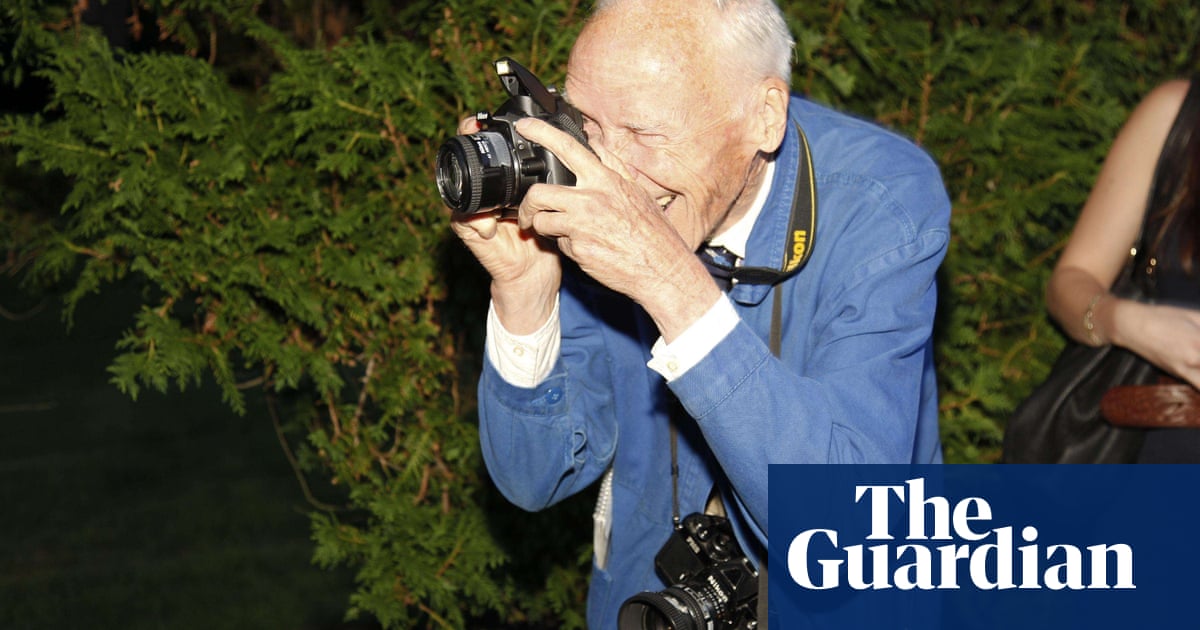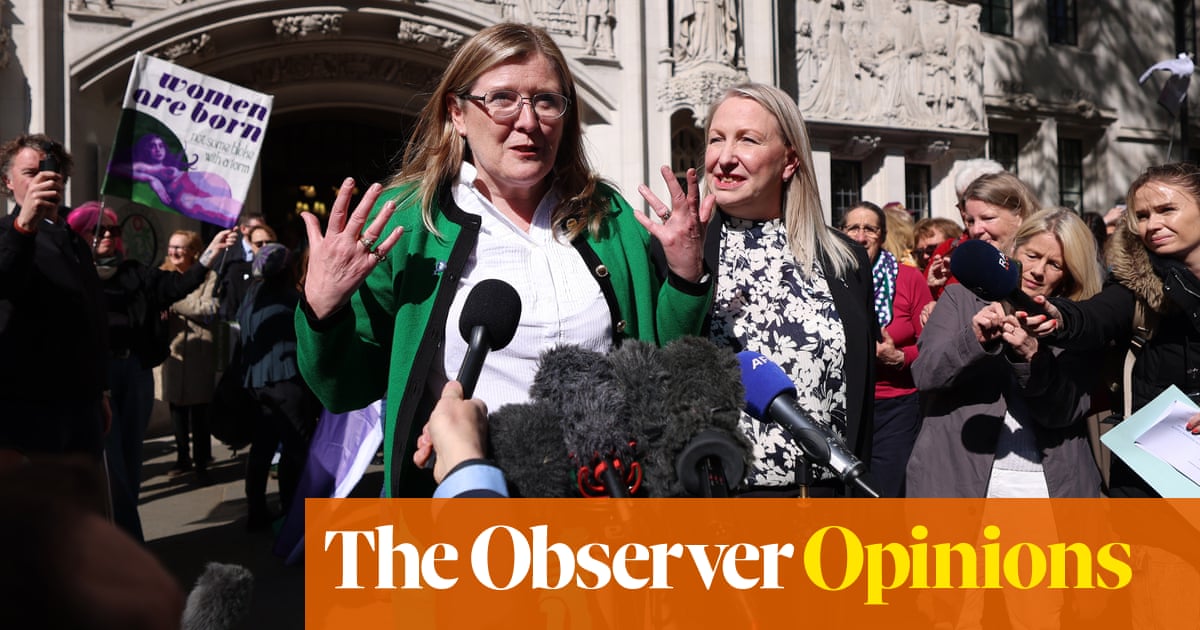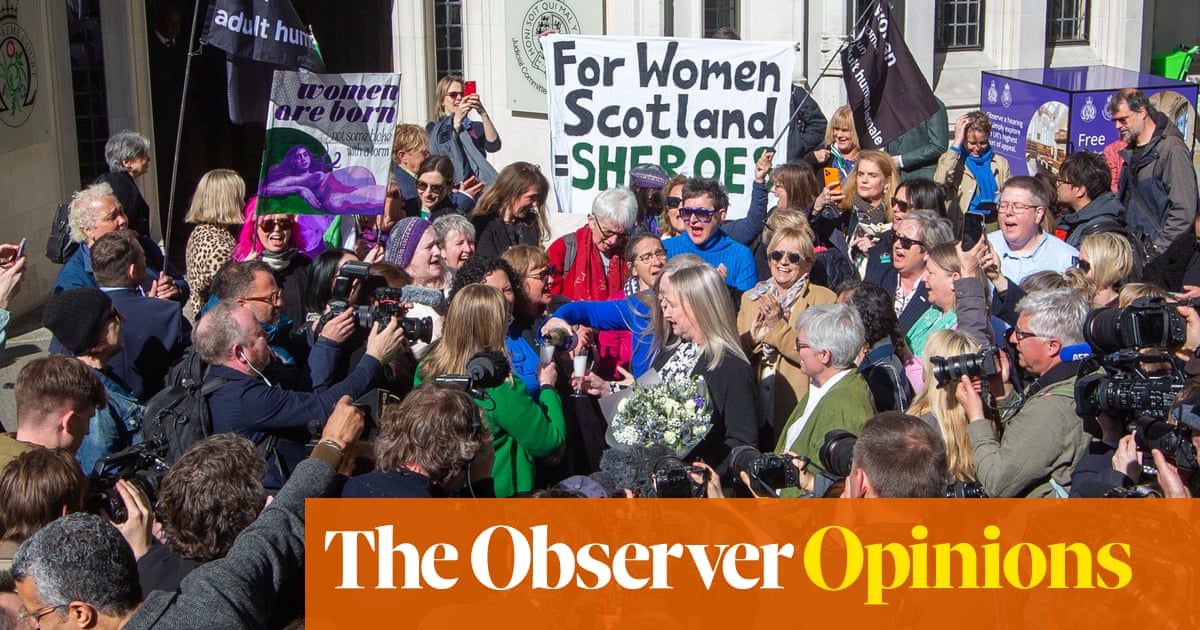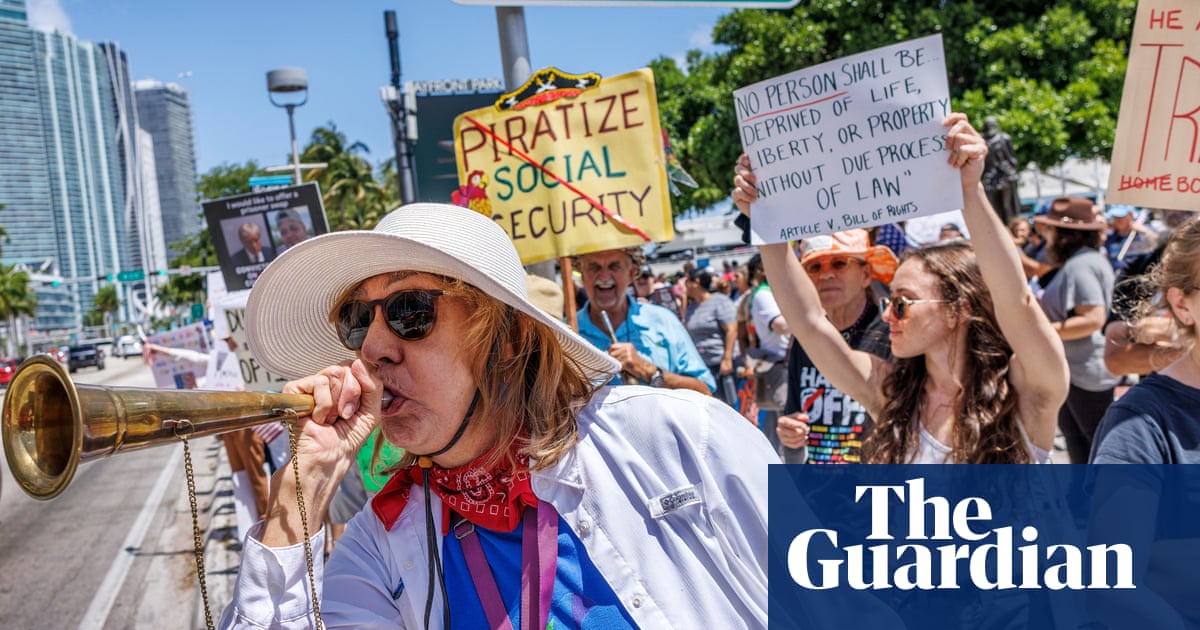Donald Trump to the rescue.
With Mike Johnson’s bid for re-election as speaker of the House of Representatives teetering, the US president-elect interrupted a golf game to talk by phone to two Republican holdouts. In short order the art of the deal prevailed: Johnson won on the first ballot.
Friday’s intervention was a sign of Trump’s enduring power over the Republican party and his ability to bring its rebels to heel. It was, however, the first test of many for an incoming president better known for stoking division than playing peacemaker.
Republicans are taking full control of Washington for the first time since 2017. But the party remains an unwieldy coalition of conservatives, libertarians, moderates, populists and exhibitionists. It is already embroiled in a war or words over immigration between the tech billionaire Elon Musk and the Maga (“Make America great again”) grassroots.
“It’s got some pretty deep fissures in it,” said Elaine Kamarck, a senior fellow in governance studies at the Brookings Institution thinktank in Washington. “On the other hand, Trump is at this moment popular enough to probably soothe over some of those fissures as he did in the intervention that got Speaker Johnson over the top. He came in at the last minute and saved the day and so I expect that initially he’s going to be quite powerful in directing the party.”
Trump will arguably never be stronger than he is now, having defied all doubters to win last November’s presidential election. Once he takes office and faces the travails of governing, his political capital is likely to be a diminishing asset – especially because he is constitutionally barred from seeking re-election.
Kamarck added: “The problem will be not in the next year or two years. It’ll be as he becomes a lame duck and there is no natural successor to him. That will be pretty interesting because then the party will be in segments: one segment is the Maga people but there’s still this quasi-libertarian group that Elon Musk speaks for, there’s still some traditional big business Republicans.”
Some commentators suggest that the defining struggle of 2025 will not be Republican versus Democrat but rather Republican versus Republican. The post-election honeymoon ended last month when far-right activists criticised Trump’s selection of Sriram Krishnan, an Indian American venture capitalist, to be an adviser on artificial intelligence, saying he would have influence on the Trump administration’s immigration policies.
Musk, the South African-born chief executive of Tesla and SpaceX, vowed to go to “war” to defend the H-1B visa programme for foreign tech workers.
“Take a big step back and FUCK YOURSELF in the face,” he wrote on X to fellow Trump supporters, denouncing them as “contemptible fools” who “must be removed from the Republican Party, root and stem”.
Entrepreneur Vivek Ramaswamy, who with Musk co-chairs the “department of government efficiency”, also weighed in, triggering a furious backlash from Trump’s nativist base. Steve Bannon, a longtime Trump adviser, condemned “big tech oligarchs” for supporting the H-1B visa programme and cast immigration as a threat to western civilisation.
This week Bannon described Musk and other Silicon Valley backers as “recent converts” to Trump’s cause, warning: “Don’t come up and go to the pulpit in your first week here and start lecturing people about the way things are going to be. If you’re going to do that, we’re going to rip your face off.”
The disunity posed a political headache for Trump, who moved to limit the visas’ use during his first presidency and has promised to deport all immigrants who are in the US illegally. He decided to come down on the side of Musk, who spent more than a quarter of a billion dollars helping him get elected, saying he fully backed the H-1B visa programme for foreign tech workers.
Trump critics suspect this is a mere preview of the conflicts to come as the Trump coalition’s inherent contradictions rise to the surface. Steve Schmidt, a political strategist and former campaign operative for George W Bush and John McCain, said: “Steve Bannon’s position – and he is the ideologist of all of this – is irreconcilable with Elon Musk, who’s the ultimate globalist; this is the world’s first trillionaire.
“There has been a collection of interests that have come together – or shared a desire to burn things or take power over things – who now are squared off with irreconcilable positions. There is a fundamental weakness inherent regarding Donald Trump’s political position.”
At his inauguration on 20 January, Schmidt predicted, Trump will promise to “make America great again”: “He’s going to be able to fix by proclamation every problem of every group except for your problem, which he won’t have the power to fix, and in that will be the beginning of the end and the toppling over and the great disappointment.”
Meanwhile Trump’s dominance of government is more fragile than it may have first appeared in November. First his scandal-plagued pick for attorney general, Matt Gaetz, did not even make it to Senate confirmation hearings. Then House Republicans rejected Trump and Musk’s call to raise or abolish the national debt ceiling.
Friday’s brief revolt was a hint of trouble to come in 2025 given the party’s wafer-thin majority. Far-right Republicans are angry at Johnson for working with Democrats to pass government spending and foreign aid bills without insisting on harsh spending cuts. For Democrats, it may be tempting to step back and admire the chaos.
John Zogby, an author and pollster, noted that past presidents such as Lyndon Johnson, Bill Clinton and Barack Obama faced divided parties but still managed to pass legislation. Trump, however, often found his policy agenda stalled by Republican infighting during his first term.
“The thing is, Trump Two is as mysterious as Trump One,” Zogby said. “We know what the agenda is this time but the potential for so many conflicts is enormous. He thrives on it. Number one on the agenda is Donald Trump. The more these guys fight, the more he becomes, in his mind, the Ronald Reagan above the fray.”

 3 months ago
49
3 months ago
49













































